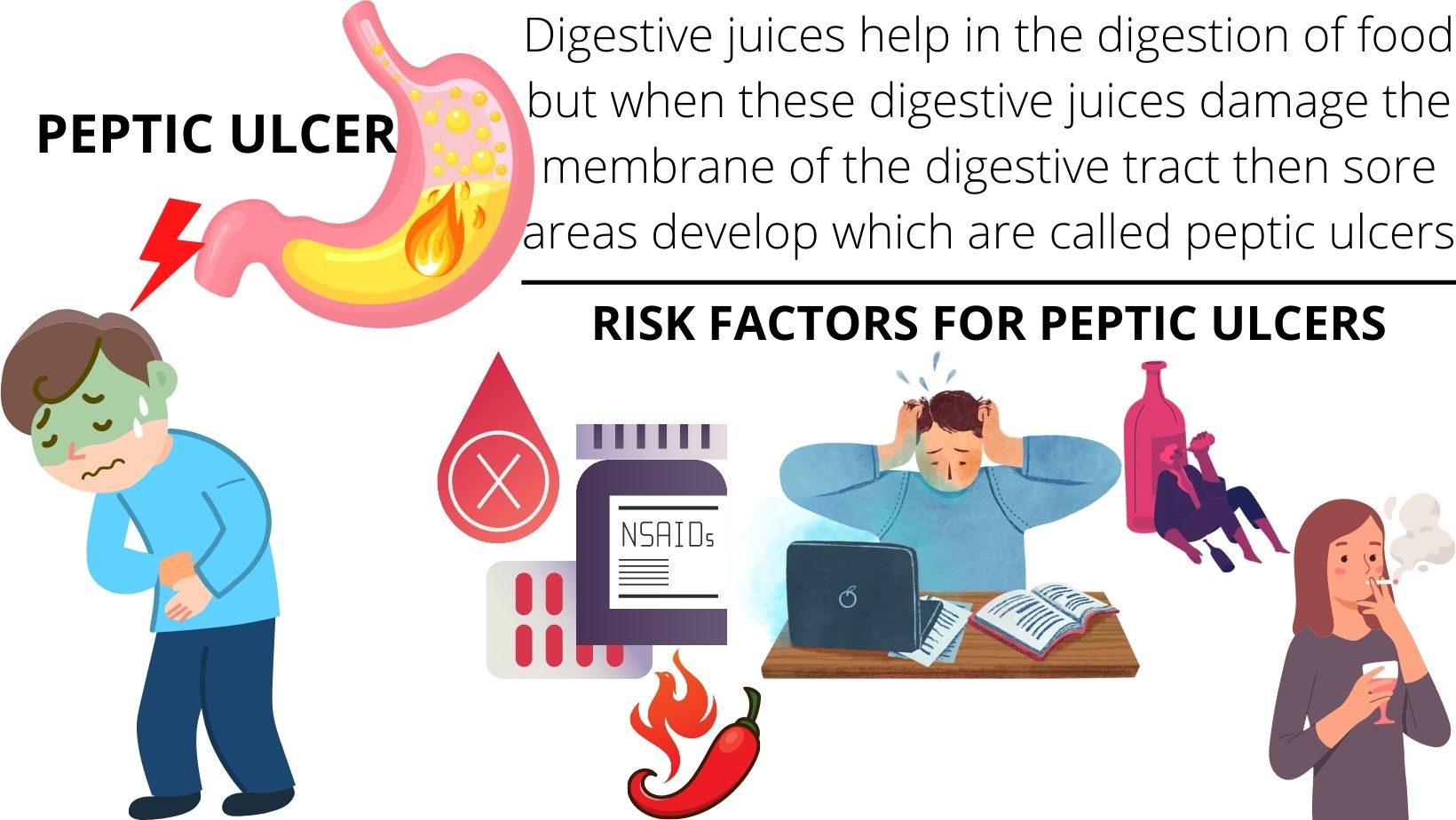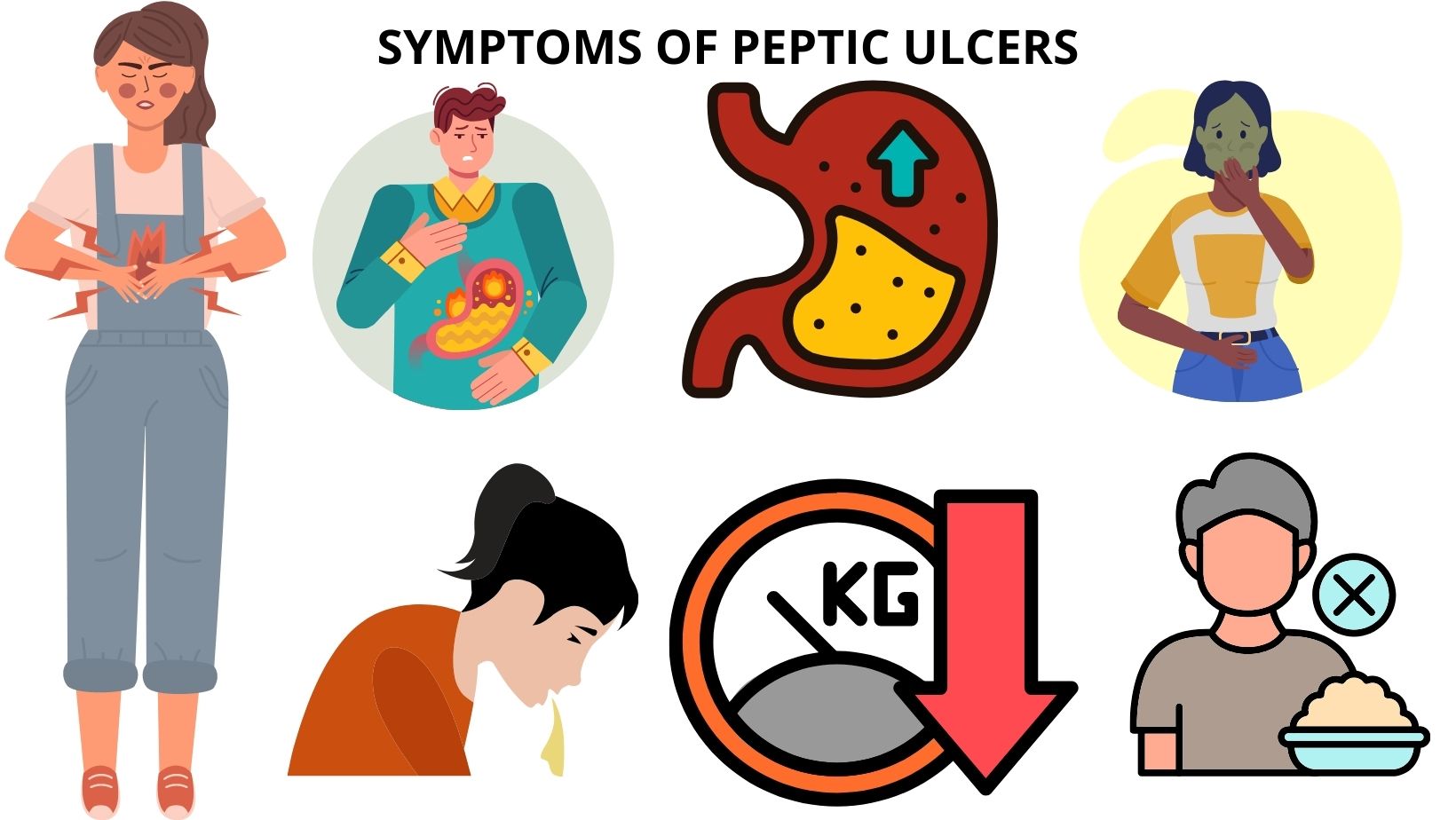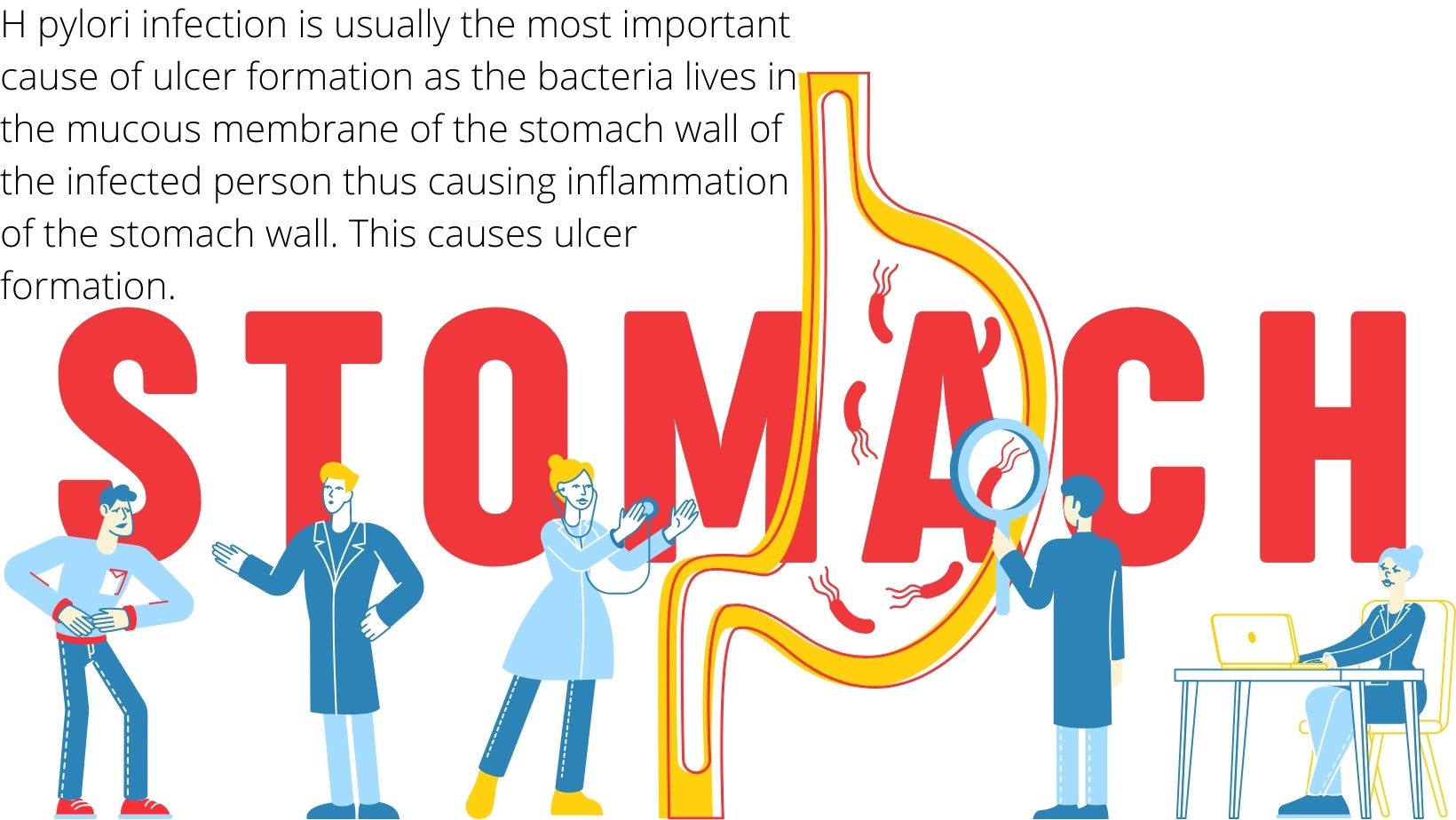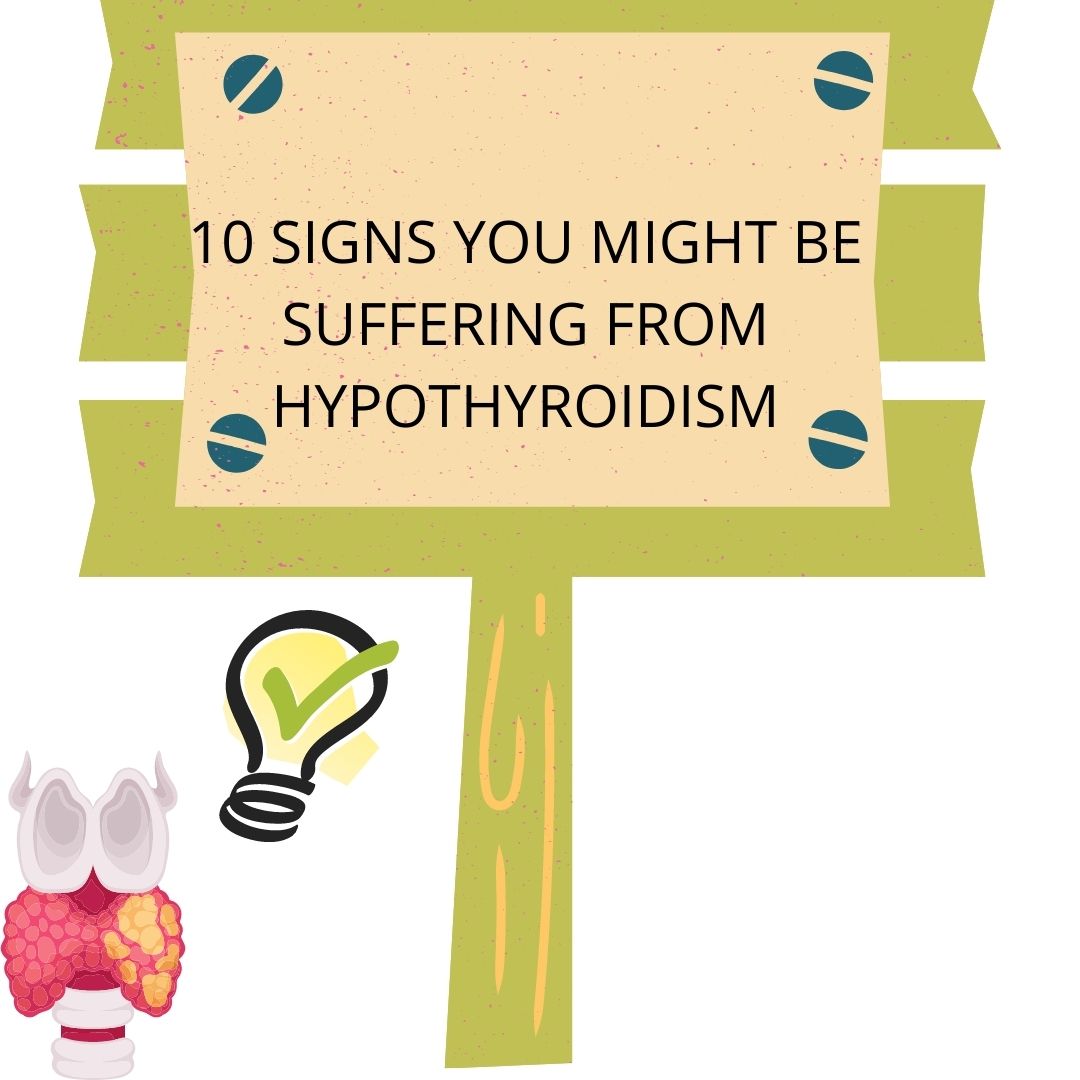THE DEFINITIVE GUIDE FOR THE TREATMENT OF PEPTIC ULCER
WHAT IS A PEPTIC ULCER?
Digestive juices help in the digestion of food but when these digestive juices damage the membrane of the digestive tract then sore areas develop which are called peptic ulcers. A peptic ulcer may develop in the lining of the lower esophagus, stomach, or duodenum. Thus called oesophageal, gastric, and duodenal ulcers respectively.
WHAT ARE THE RISK FACTORS FOR PEPTIC ULCERS?
- NSAIDs- repeated use of NSAIDs irritates the wall of the stomach thus increasing the acid secretion.
- Stress although is not the direct cause of peptic ulcers but obviously makes the condition worse in patients with ulcers.
- Smoking may increase the risk of ulcer formation and in cases that already have the erosion then smoking aggravates the condition further.
- Alcohol can irritate and erode the mucous lining of your stomach by increasing acid production.
- Eating spicy food also makes the ulcers worse although doesn't cause ulcer formation directly.
WHAT ARE THE COMPLICATIONS OF PEPTIC ULCERS?
- Perforation: the ulcer if left untreated then may grow to the deeper layers of the stomach and would ultimately perforate the wall of the stomach.
- The perforation would further cause inflammation of the surrounding structures causing peritonitis.
- Internal bleeding from the ulcer.
- Slow longstanding bleeding from the ulcer would cause anemia.
- Due to repeated inflammation and scarring at the site of the ulcer; blockage may occur thus obstructing food passage and regurgitation of food eaten.
WHAT ARE THE SYMPTOMS OF PEPTIC ULCERS?
Although it's not uncommon for people having ulcers to stay without any symptoms but following are the indicative symptoms of peptic ulcer:
- The most common symptom of the peptic ulcer is pain which is localized in the upper abdomen from the belly button to the chest bone.
- The pain is a burning type of pain that is worse at night and in between meals.
- Regurgitation of the food eaten.
- Nausea and vomiting.
- weight loss
- loss of appetite
- Easy satiety with small amounts of food.
- Blood in vomiting or in the stool.
WHAT ARE THE CAUSES OF PEPTIC ULCERS?
- H pylori infection is usually the most important cause of ulcer formation as the bacteria lives in the mucous membrane of the stomach wall of the infected person thus causing inflammation of the stomach wall. This causes ulcer formation.
- Pain killers if taken for long irritate the wall of the stomach promoting ulcer formation.
- Smoking, alcohol, stress, and spicy food don't cause ulcer formation but make the condition worse.
DIAGNOSIS OF PEPTIC ULCERS
Symptomatical presentation of the case helps in indications towards peptic ulcer. To further diagnose the condition:
- Ammonia breath test for H pylori would confirm the presence of the bacteria in the body. A blood or stool test can be done for ammonia but the breath test is more reliable.
- Endoscopy would help in visualization of the wall of the stomach thus confirming the diagnosis.
- Barium swallow followed by an x-ray would also diagnose the peptic ulcer.
TREATMENT OF PEPTIC ULCERS
Conventional treatment includes eradication of H pylori by several antibiotics. Antacids are given to neutralize the acid produced in the stomach.
Further treatment includes inhibiting acid production by blocking the receptors for acid production. But these treatments are not permanent and peptic ulcer relapses so homeopathic treatment is far superior to the treatment of the ulcer which is permanent too.
MANAGEMENT OF PEPTIC ULCERS
- Dietary management: increasing probiotics in diets like yogurt, and coconut water would help in keeping the environment in the stomach favorable. Further adding vitamin A and C would also help.
- Eating habits: should be improved. Split the meals into small regular meals rather than eating at long intervals and a lot at once. Don't stay empty stomach for long as acid secretion empty stomach would make the condition worse.
- Drink enough water but not excess also.
- Limit milk in the diet as it would increase acid production.
- Limit pain killers as it would further complicate the situation.
- Sleep schedule: should be maintained, sleep on time and get up on time as this would regulate the body functions and ultimately maintain acid production.
- Quit smoking: as it would help in improving the symptoms.
- Limit or stop alcohol: intake as well so that the wall of the stomach can be protected from irritation.
- Maintain stress: do yoga and meditation.
- Don't wear a tight belt around the waist.
- Keep the head end of your bed high while sleeping.
- Homeopathy would help a lot in managing a case of peptic ulcer.
HOMEOPATHIC MANAGEMENT OF PEPTIC ULCERS
Homeopathic medicines like argentum nitricum, nux vomica, kali bichromicum, lycopodium, carbo veg, hydrastis canadensis, graphities, phosphorus, etc have wondrous results in the treatment of peptic ulcers but a constitutional approach should be sought for choosing the medicine by the doctor for permanent relief.
DO’s AND DON’Ts
Do’s
- Eat a healthy diet.
- Keep yourself hydrated.
- Add vitamin A & C to the diet
- Limit milk in the diet
- Add probiotics to your diet
- Have enough sleep and keep the sleep schedule on time.
- Do meditation to manage stress.
Don’ts
- Don't smoke
- Don't take alcohol or carbonated drinks
- Don't wear tight clothes around the waist
- Don't stay up till late at night.





Comments
We have received your comment , Thank You !